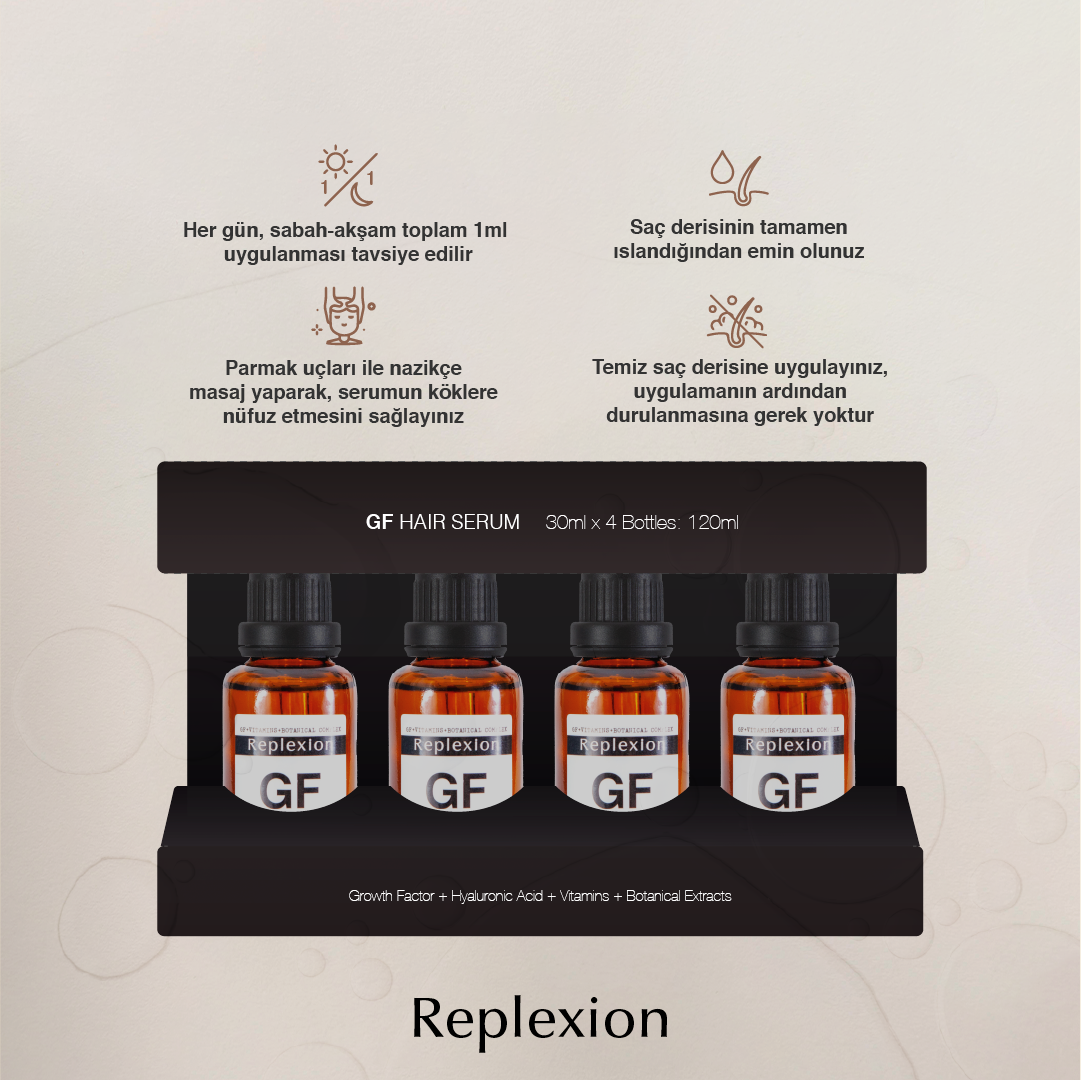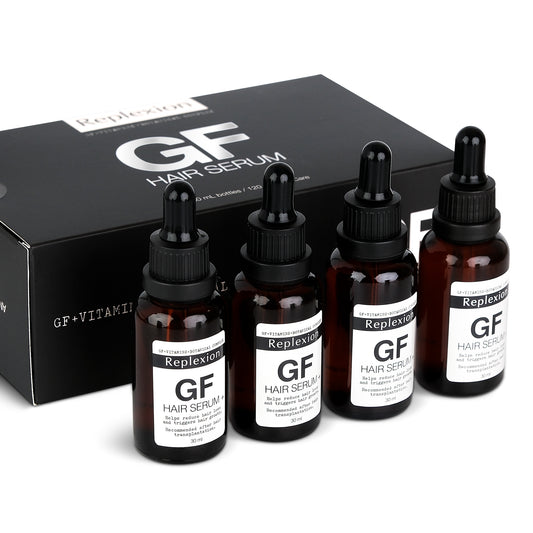
What is the Solution to Hair Loss?
Why Does Hair Loss Happen?
Hair loss, or alopecia, can occur due to various reasons. Here’s a detailed breakdown:
-
Hormonal Changes:
- Androgenetic Alopecia: Commonly known as male or female pattern baldness, this type of hair loss is primarily influenced by hormonal changes. In men, increased levels of dihydrotestosterone (DHT), a derivative of testosterone, can shrink hair follicles, leading to thinning hair and eventual hair loss.
-
Genetics:
- Hereditary Factors: Genetics play a significant role in hair loss. If a family member has experienced baldness, there's an increased likelihood of inheriting the same condition.
-
Nutritional Deficiencies:
- Vitamin and Mineral Deficiencies: Lack of essential nutrients such as iron, zinc, vitamin D, and biotin can lead to hair thinning and loss.
-
Medical Conditions:
- Thyroid Disorders: Conditions like hypothyroidism or hyperthyroidism can affect hair growth.
- Autoimmune Diseases: Conditions such as alopecia areata, where the immune system attacks hair follicles, can lead to hair loss.
-
Stress:
- Physical or Emotional Stress: Severe stress or trauma can trigger telogen effluvium, a temporary form of hair loss where hair follicles prematurely enter the shedding phase.
-
Medications and Treatments:
- Drug Side Effects: Some medications, including those for cancer, high blood pressure, and arthritis, can cause hair loss as a side effect.
-
Lifestyle Factors:
- Poor Hair Care Practices: Frequent use of harsh chemicals, excessive heat styling, and tight hairstyles can damage hair and lead to loss.
What is the Solution to Hair Loss?
Addressing hair loss effectively requires a comprehensive approach:
-
Diagnosis:
- Evaluation and Testing: Identifying the underlying cause of hair loss is crucial. This often involves blood tests to check for hormonal imbalances, nutritional deficiencies, or other medical conditions.
-
Treatment Options:
A. Medications:
- Minoxidil: An over-the-counter topical treatment that helps stimulate hair growth and slow hair loss.
- Finasteride: An oral prescription medication that inhibits the conversion of testosterone to DHT, thus reducing hair loss and promoting regrowth.
B. Surgical Treatments:
- Hair Transplantation: Surgical procedures like Follicular Unit Transplantation (FUT) and Follicular Unit Extraction (FUE) involve moving hair follicles from one part of the body to the balding areas.
C. Non-Surgical Treatments:
1. Mesotherapy:
- Direct Application: This technique involves injecting a mixture of vitamins, minerals, and other growth factors directly into the scalp. The goal is to nourish the hair follicles and promote hair regrowth.
2. Home Care Products:
- Shampoos and Serums: Specialized shampoos and serums often contain ingredients like Growth Factors (GF), which can help stimulate hair follicles and support hair health.
3. Growth Factor (GF) Treatments:
- Scientific Approach: Growth Factor-containing products aim to rejuvenate hair follicles and stimulate new hair growth. These treatments leverage advances in medical and product technologies to offer a more effective solution to hair loss.
How Does Anti-Hair Loss Treatment Affect Hair Growth?
Anti-hair loss treatments target multiple aspects of hair health:
- Nourishment: Treatments like mesotherapy provide essential nutrients directly to hair follicles, promoting better growth conditions.
- Stimulating Growth: Growth Factor products and other topical treatments stimulate hair follicles, encouraging new hair growth and improving the overall density of hair.
- Preventing Further Loss: Medications and treatments help slow down or halt the progression of hair loss, maintaining existing hair and supporting future growth.
By addressing the underlying causes and applying appropriate treatments, individuals experiencing hair loss can often see significant improvements in hair density and overall scalp health.








